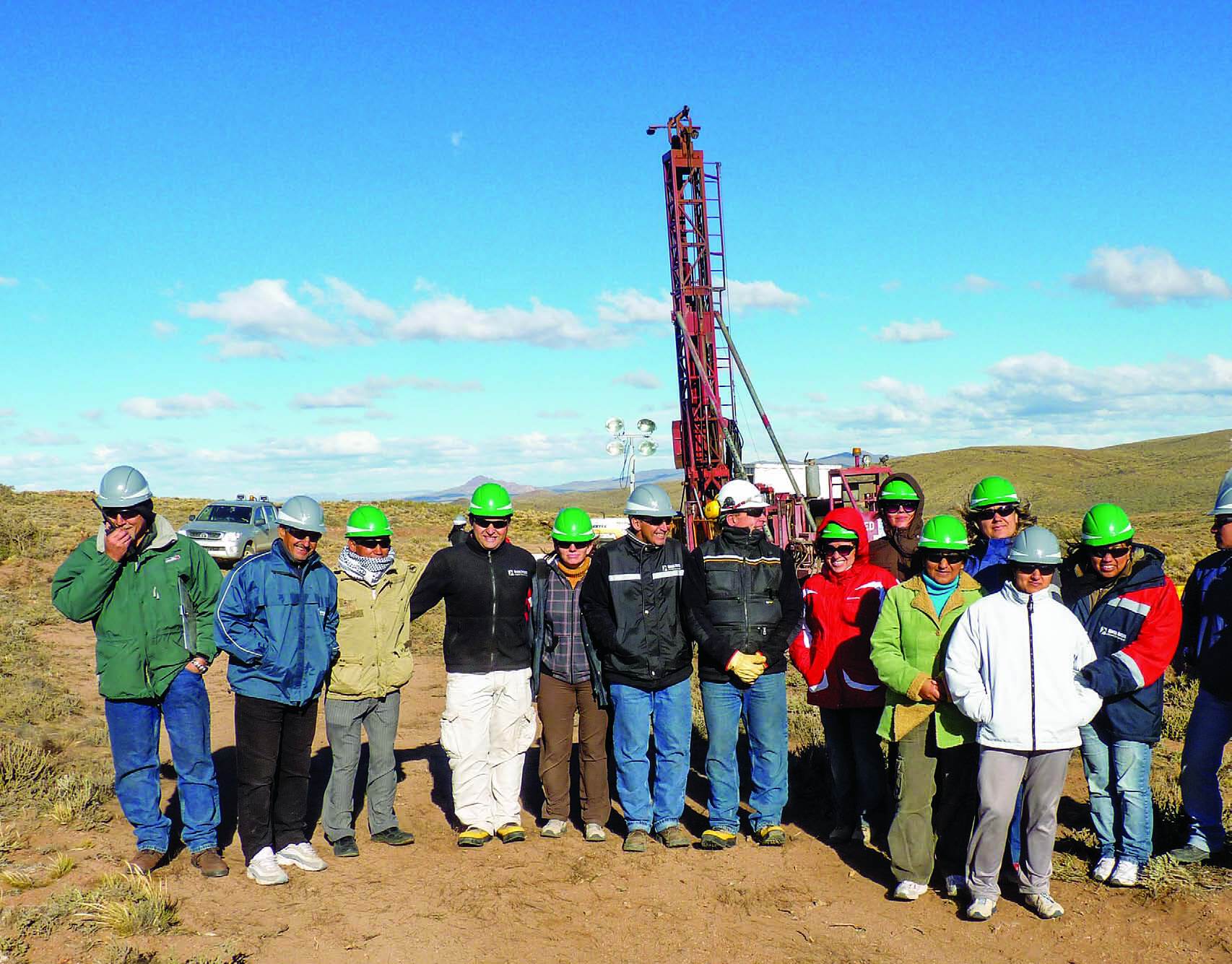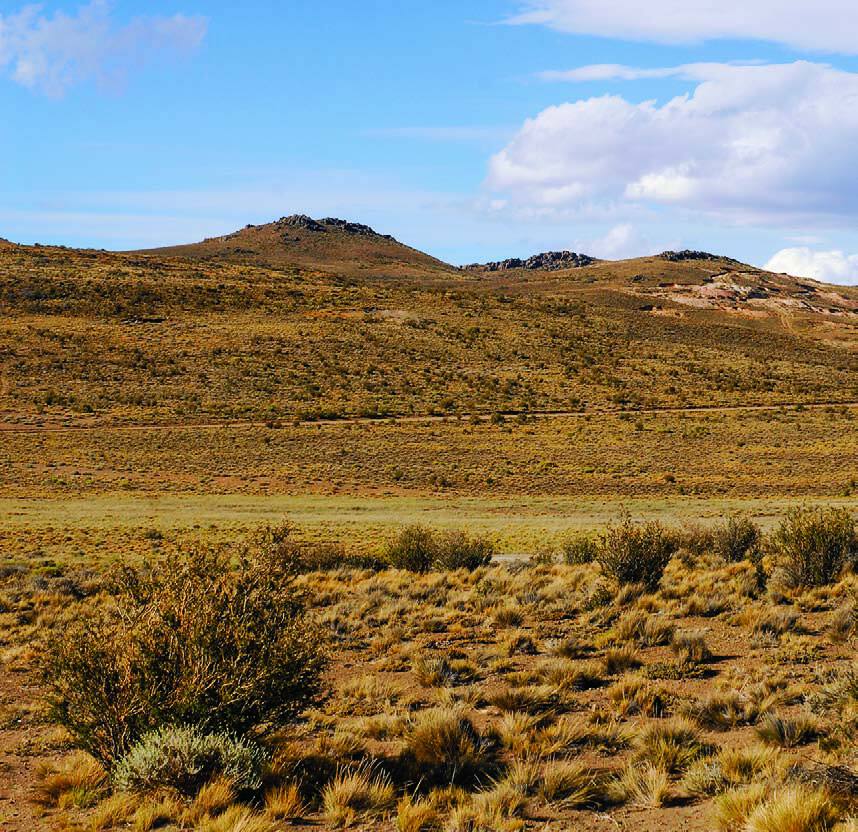
Collecting and analyzing environmental baseline data takes a significant investment of time and resources – especially in the early stages of an exploration project – but the value of this information goes beyond its use in the permitting process.
Repackaging this data specifically for company decisionmakers and affected communities increases the potential for success of a project by building trust with local stakeholders and turning complex data into strategic knowledge for board members.
“Social responsibility is often perceived by explorers and developers as an amorphous concept, an ideal which is hard to achieve for a small company,” explains Silvana Costa, chair of AME BC’s Corporate Social Responsibility (CSR) committee and a senior advisor of environment and social responsibility for New Gold Inc.
She suggests explorers and developers demonstrate social responsibility by taking a strategic approach to early environmental work. “In B.C., we have great companies that are leading the way, building value from environmental data both at home and abroad,” says Costa.
So what steps should companies take to make baseline environmental data more meaningful?
Business sustainability and governance expert Christie Stephenson suggests that we put it in the hands of board members in a way that is digestible to them. “Companies are undertaking what can be significantly expensive and resourceintensive environmental baseline work. They want to be sure the operational people are pushing it upward so it can be made sense of by the board,” she explains.
Stephenson recognizes that this is easier for larger companies that may have directors with a wider range of expertise and more mechanisms to support directors. “It’s a challenge for smaller exploration companies that may not have people at the board level recruited for their social and environmental expertise, and fewer resources and infrastructure to translate this dense environmental data into strategically meaningful information.”
However, there are a variety of opportunities for the company’s corporate secretary, staff, external consultants or even the board members themselves to redesign and repurpose this information for the board. “It then becomes this strategic driver of what decisions the board makes and also how they position their assets if they then try to sell their project to a senior,” says Stephenson.
A robust collection of project and regional environmental data, along with a solid relationship with local communities, was part of the appeal for Pan American Silver Corp. when it purchased the Navidad silver-lead copper deposit in Patagonia, Argentina, in 2010.
“The geologists who discovered the project immediately started baseline environmental studies, before they even drilled the first hole,” says Matthew Andrews, vice-president of environment and sustainability for Pan American Silver Corp.

Regional environmental baseline, water quality and archeological studies have been carried out at the Navidad deposit since its discovery 12 years ago.
Andrews pays credit to the early work of the geologists at the junior company that discovered the deposit, who made the investment to collect the data because they expected good results from the drilling and wanted to smooth the progress of the project.
Beyond simply providing data for impact assessment of the mining project, the baseline monitoring process enabled stronger partnerships to develop with key stakeholders. “When the environmental scientists came for field trips, we would ask them to do a presentation to the local community about the work they were doing and present some of the results to keep the people updated on the progress of the studies,” Andrews explains.
This willingness to share environmental baseline data with the community demonstrates that a company is going above and beyond regulatory requirements, and is a key factor for gaining social acceptance to operate on an exploration project.
“It’s not just about manufacturing a report, it is about building trust,” says Lana Eagle, chair of the AME BC Aboriginal Relations Committee.
In her experience, projects where companies share information early and often, and demonstrate transparency, move along faster and with fewer delays. “Rather than doing what is expected as far as meeting minimum requirements, sometimes these expectations are outside of that. It is about assessing the risk of a project going forward without a solid relationship with First Nations.”
Eagle knows that the key to building that trust is to find out how the com- munity likes to communicate. “Every community is unique. Some will have expectations to be shared in a community meeting. Part of the relationshipbuilding is to find out this information and how to communicate it.”
First Nations people in the community may be reluctant to share information that might impact a project. But if a company demonstrates trust and transparency, then this information may be more likely to be shared as the project progresses.
Starting data collection early and repurposing the information for specific audiences is vital. While there is a tendency to defer environmental studies to subsequent mine development stages, an early start has proven to be very effective for technical progress, decision-making and building community engagement.
